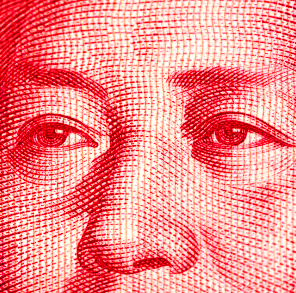Chinese changes to affect local works
 New Chinese guidelines restricting investment overseas will have impacts in the Australian property market.
New Chinese guidelines restricting investment overseas will have impacts in the Australian property market.
Chinese regulators have placed formal restrictions on outbound investment, placing real estate and hotel deals on the ‘restricted’ list.
Experts say it will increase scrutiny for Chinese developers seeking to move money out of China, which is often channelled into Australia.
From China’s perspective, the new guidelines are designed to slow the outflow of capital, especially “irrational” investments in foreign entertainment and sport companies.
The Chinese Government has seen a surge of outbound deals drive down the value of the Yuan, and is looking for restrictions to respond to concerns about capital flight.
Chinese property buyers have already been trying to deal with an annual $US50,000 limit on foreign currency purchases, which has left them looking for more creative means to get money out of the country.
But the restrictions on property investment will likely affect new residential developments in Australia.
Last year, 38 per cent of residential development sites in Australia were purchased by Chinese companies.
“To some extent there are winners and losers — it remains to be seen exactly how it affects real estate investment, which has already slowed down since restrictions last November,” said Paul Schroder, a specialist in Chinese acquisitions.
“The clarity that regulators are now giving can only benefit Australian transactions because they are more likely to complete, people are more likely to be open to dealing with China and the timeframes are likely to be more reasonable.”
Chinese investments in Australian resources (like the recent purchase of Hunter Valley miner Yancoal) are unlikely to be affected.
Acquisitions of technology companies are actively encouraged by Beijing.







 Print
Print